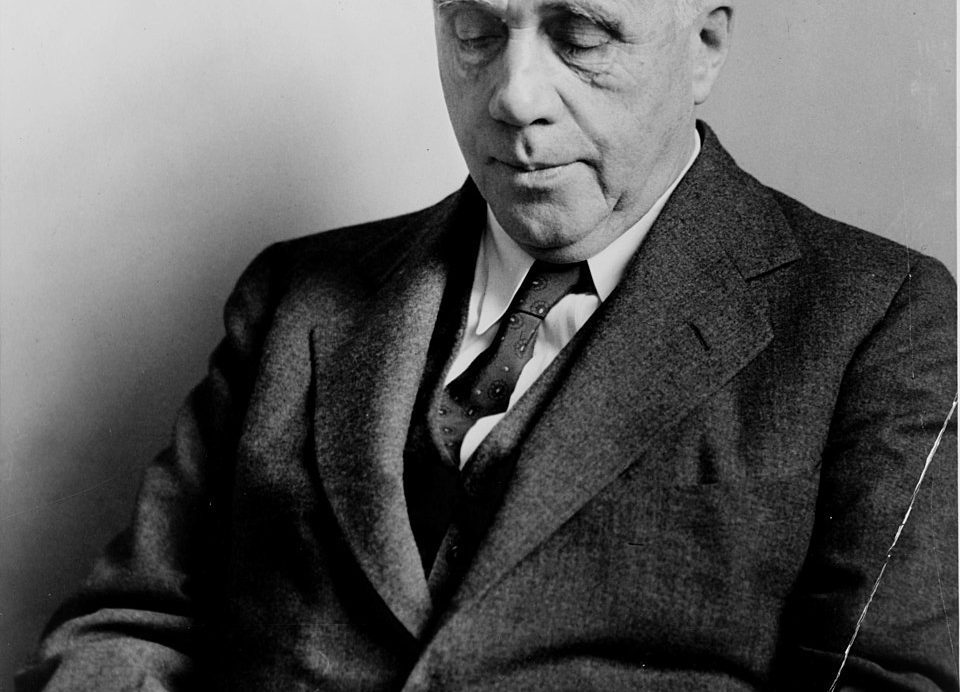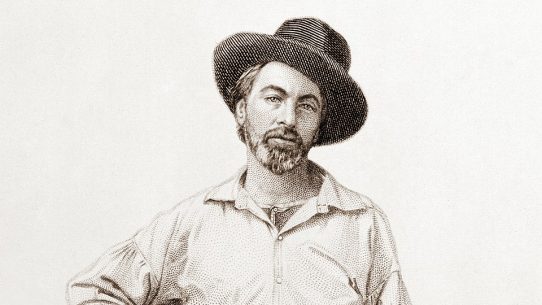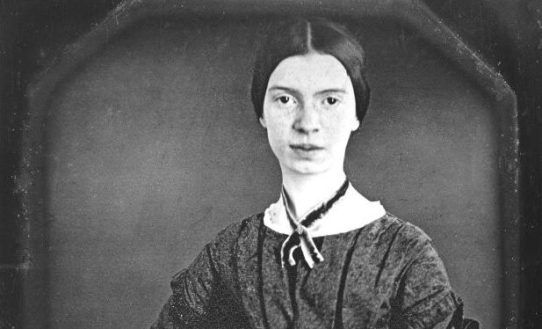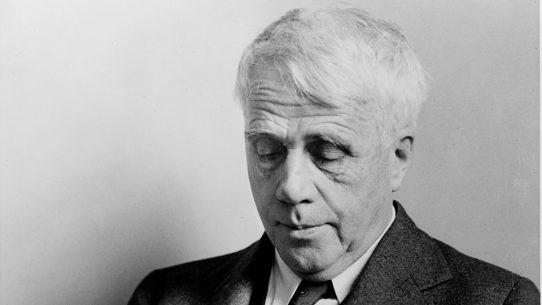Born: March 26, 1874, San Francisco, California, United States
Died: January 29, 1963, Boston, Massachusetts, United States
Nationality: American
Literary Period/Movement: Modernism (with traditionalist tendencies)
Robert Frost (1874–1963) was an American poet celebrated for his vivid depictions of rural New England life and his exploration of universal human themes through deceptively simple language. Blending colloquial speech with philosophical depth, Frost became one of the most beloved and critically acclaimed poets of the twentieth century.
Early Life and Education
Born in San Francisco to journalist William Prescott Frost Jr. and teacher Isabelle Moodie, Robert Frost spent his early years in California until his father’s death in 1885. The family then moved east to Lawrence, Massachusetts, where his grandfather provided financial support.
Frost excelled academically and developed an early interest in reading and writing poetry. He briefly attended Dartmouth College in 1892 but left after a few months, preferring independent study and work. His education continued informally through life experience, self-directed reading, and reflection on nature and human behavior.
Literary Career and Major Works
Frost’s first poem, “My Butterfly: An Elegy,” was published in 1894, marking the beginning of a long career. He struggled for years to find recognition in the United States and moved to England in 1912, where his early collections A Boy’s Will (1913) and North of Boston (1914) were published to critical acclaim. These works revealed Frost’s distinctive ability to intertwine the ordinary and the profound, turning simple rural moments into meditations on life, choice, and consequence.
Upon returning to the United States in 1915, Frost found immediate success. Over the next five decades, he produced a series of acclaimed volumes including Mountain Interval (1916), New Hampshire (1923), A Further Range (1936), and Steeple Bush (1947). His best-known poems — “The Road Not Taken,” “Stopping by Woods on a Snowy Evening,” “Mending Wall,” and “Birches” — reflect his gift for balancing plainspoken realism with deeper philosophical meaning.
Frost received four Pulitzer Prizes for Poetry, solidifying his reputation as one of America’s greatest poets.
Style, Themes, and Influence
Robert Frost’s poetry is characterized by its formal structure, natural rhythm, and conversational tone. He often used traditional meters and rhyme schemes, setting him apart from many modernist contemporaries who embraced free verse. His themes — nature, isolation, work, moral choice, and the search for meaning — reflect both the beauty and hardship of rural life.
Though rooted in the specific landscapes of New England, Frost’s poems transcend their settings, revealing complex truths about human emotion and decision-making. He was admired by readers for accessibility and by critics for psychological depth. Frost influenced generations of poets who sought to unite craft, clarity, and introspection.
Later Life and Legacy
In later years, Frost became a public literary figure, teaching at institutions such as Amherst College and Middlebury College’s Bread Loaf School of English. His readings drew large audiences, and his voice became synonymous with American poetry.
He was invited to read at the inauguration of President John F. Kennedy in 1961, a moment that symbolized his status as the nation’s poet. Frost died two years later in Boston at the age of eighty-eight. His gravestone bears his own line: “I had a lover’s quarrel with the world.”
Today, Robert Frost’s legacy endures in classrooms and anthologies worldwide. His poems continue to resonate for their timeless reflection on nature, responsibility, and the human spirit.
Notable Works
- A Boy’s Will (1913)
- North of Boston (1914)
- Mountain Interval (1916)
- New Hampshire (1923)
- A Further Range (1936)
- Steeple Bush (1947)
- In the Clearing (1962)
Related Poets
Emily Dickinson, Walt Whitman, Wallace Stevens



